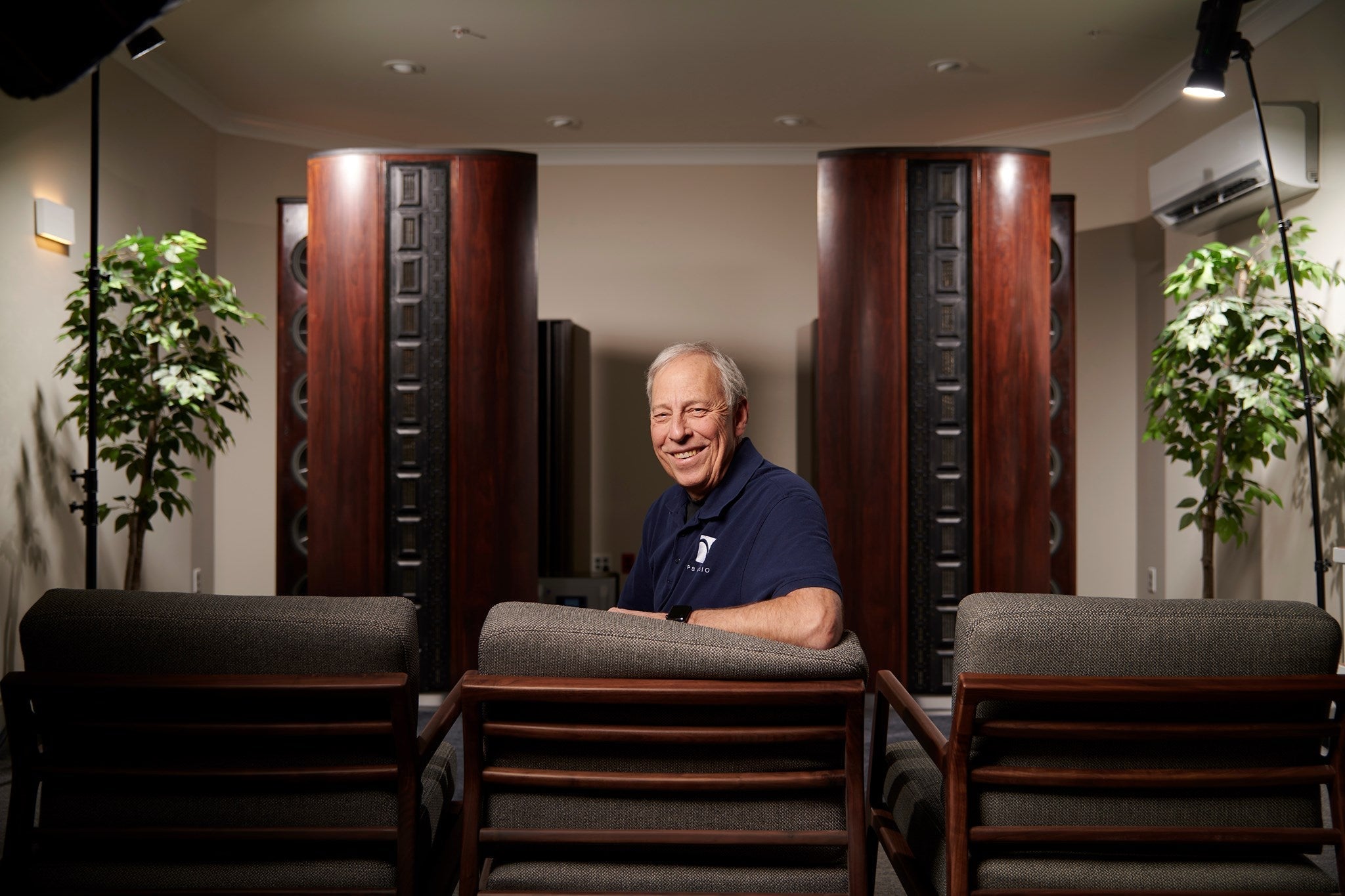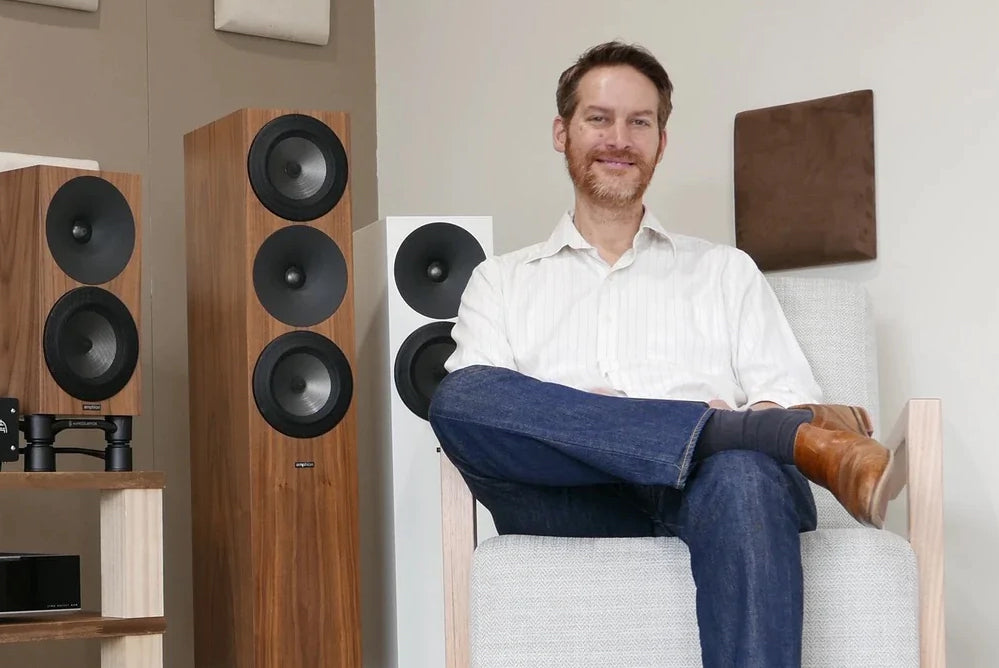Power Regeneration vs. Power Conditioning: Benefits for Hi-Fi Audio
High-end audio systems are sensitive to power quality. Fluctuations, noise, and distortion in the AC power from wall outlets can negatively affect the performance of amplifiers, DACs, preamps, and other components. Two main approaches to improving power quality in audio systems are power conditioning and power regeneration. While both aim to improve the power supply, PS Audio’s power regenerators offer a fundamentally different and often superior solution compared to traditional power conditioners.
What Is Power Conditioning?
Power conditioners are essentially filtering devices. They clean the incoming AC power by removing radio frequency interference (RFI), electromagnetic interference (EMI), and sometimes provide basic surge protection. They do this through passive components like inductors, capacitors, and sometimes isolation transformers.
While power conditioners can reduce some of the high-frequency noise, they do not address voltage fluctuations, harmonic distortion, or waveform irregularities. The incoming AC waveform (typically a 60 Hz sine wave) might still be clipped, imbalanced, or distorted—even after conditioning.
What Is Power Regeneration?
PS Audio’s power regenerators (like the PerfectWave PowerPlant series) take a more radical approach. Instead of filtering the existing AC, they completely rebuild it from the ground up. Here’s how it works:
Incoming AC power is converted into DC power.
The unit then uses this DC to regenerate a pure, stable, and distortion-free AC sine wave at the correct voltage (e.g., 120V at 60 Hz).
This regenerated power is fed to your audio system, offering unmatched power purity and stability.
This process ensures a perfect sinusoidal AC output regardless of what's coming from the wall, which is especially beneficial in homes with unstable power grids or shared electrical circuits.
Benefits of PS Audio Power Regenerators for Hi-Fi Audio
Lower Total Harmonic Distortion (THD)
PS Audio regenerators reduce THD to as low as 0.1% or less, compared to 3–10% often seen in wall outlets.
Lower THD means a cleaner power waveform, reducing distortion artifacts in sensitive audio gear.
Voltage Regulation
Incoming voltage can vary significantly (e.g., 108V to 130V in some regions).
PS Audio units maintain a rock-solid 120V output, ensuring consistent performance from amplifiers and DACs.
Improved Dynamic Range
With clean power, power amps can operate more efficiently, improving headroom, bass control, and dynamic impact.
Instruments and vocals sound more lifelike due to reduced background noise and better microdetail retrieval.
Lower Noise Floor
Regenerated power dramatically reduces AC-borne noise, resulting in a blacker background.
You'll hear quieter passages more clearly, with enhanced detail and spatial cues.
Protection and Monitoring
PS Audio regenerators offer built-in surge protection, current metering, and THD measurement.
This provides both performance improvement and peace of mind.
Comparison to Traditional Power Conditioning |
||
| Feature | Power Conditioner | PS Audio Power Regenerator |
| AC Rebuilding | x | 🗹 |
| Voltage Regulation | Limited | Precise |
| THD Reduction | Minimal | Significant |
| Surge Protection | 🗹 | 🗹 |
| Dynamic Improvement | Mild | Strong |
| Noise Floor Reduction | Moderate | Significant |
| Real-Time Monitoring | Rare | Standard |
Conclusion
In a high-performance hi-fi system, the quality of the incoming power is crucial. While traditional power conditioners can offer some benefits, they don’t address the root problems of waveform distortion and voltage instability. PS Audio’s power regenerators recreate ideal AC power—clean, stable, and precisely regulated—which can have a profound impact on sound quality.
Listeners typically report improved imaging, tighter bass, greater transparency, and a lower noise floor—essentially unlocking the full potential of their audio gear. For serious audiophiles, power regeneration isn’t just a luxury—it’s a system upgrade.
Would you like a recommendation on which PS Audio regenerator might suit your system?





